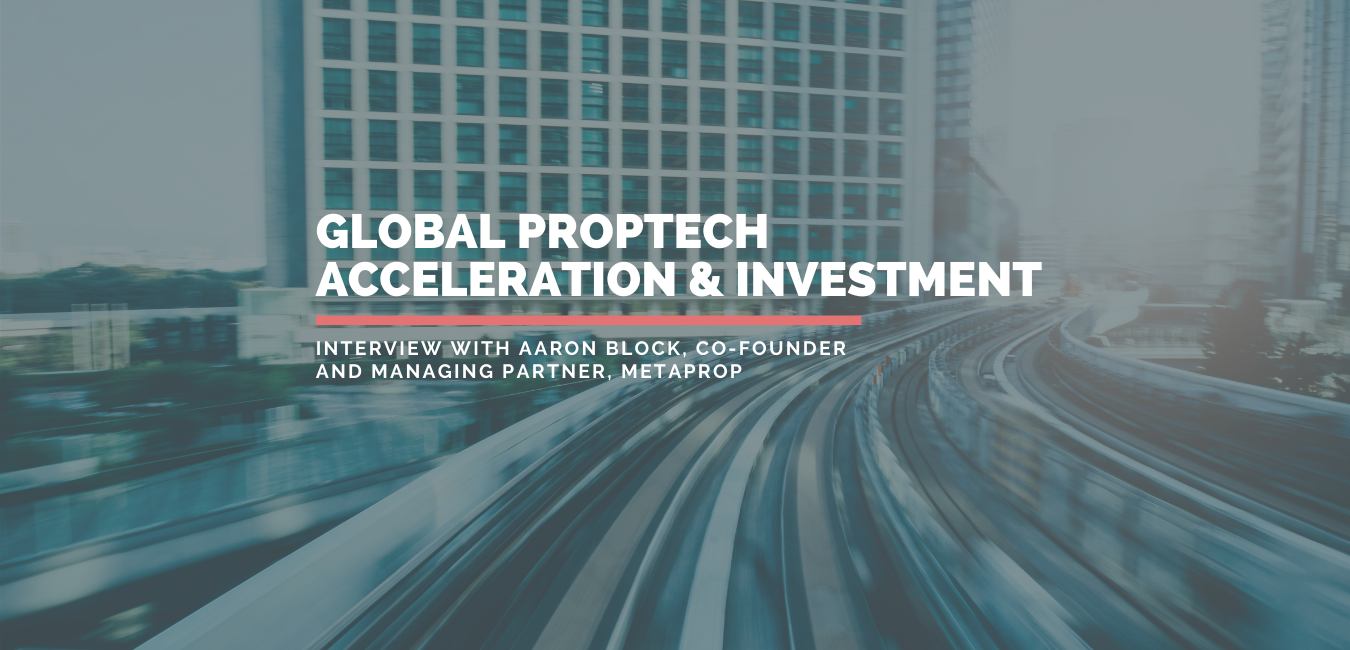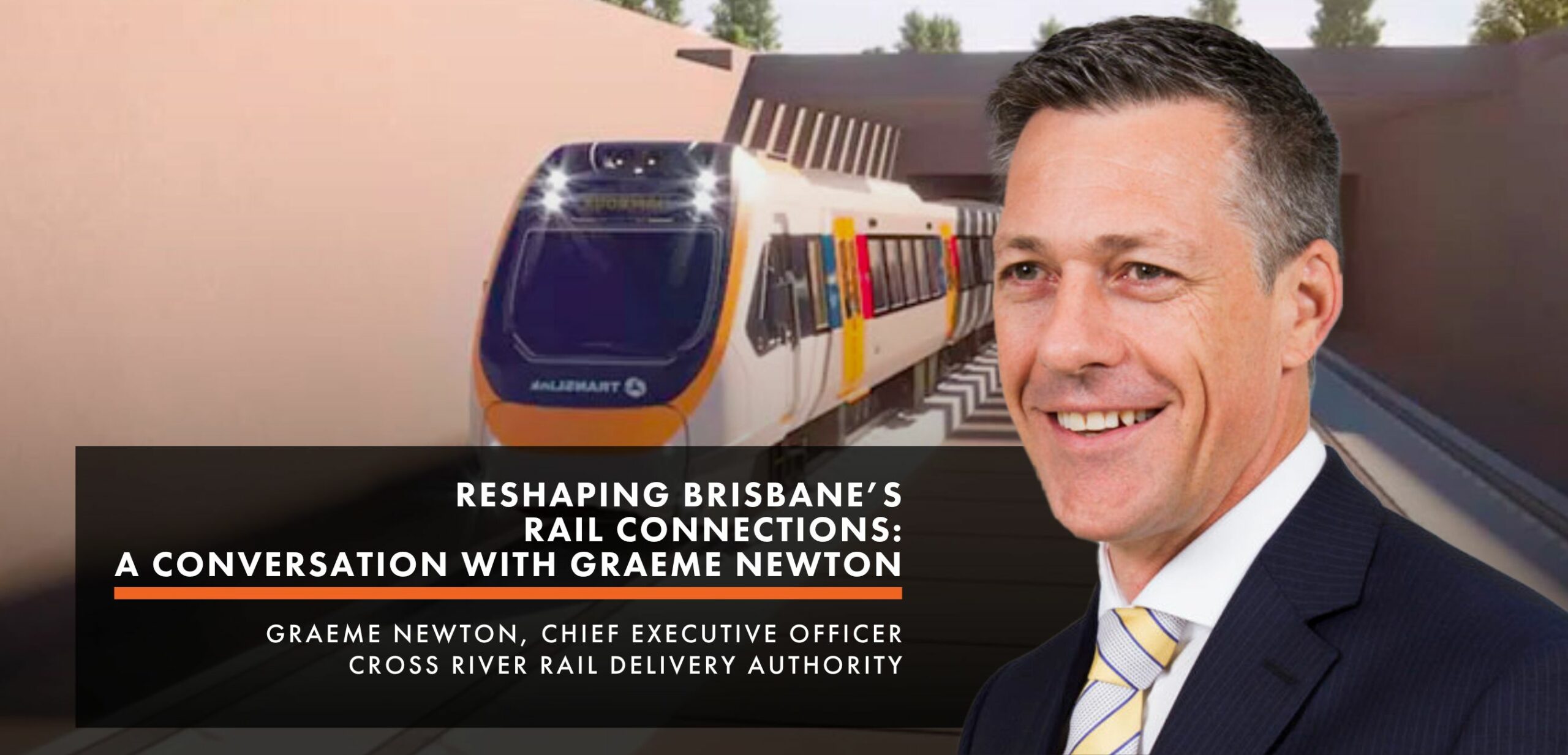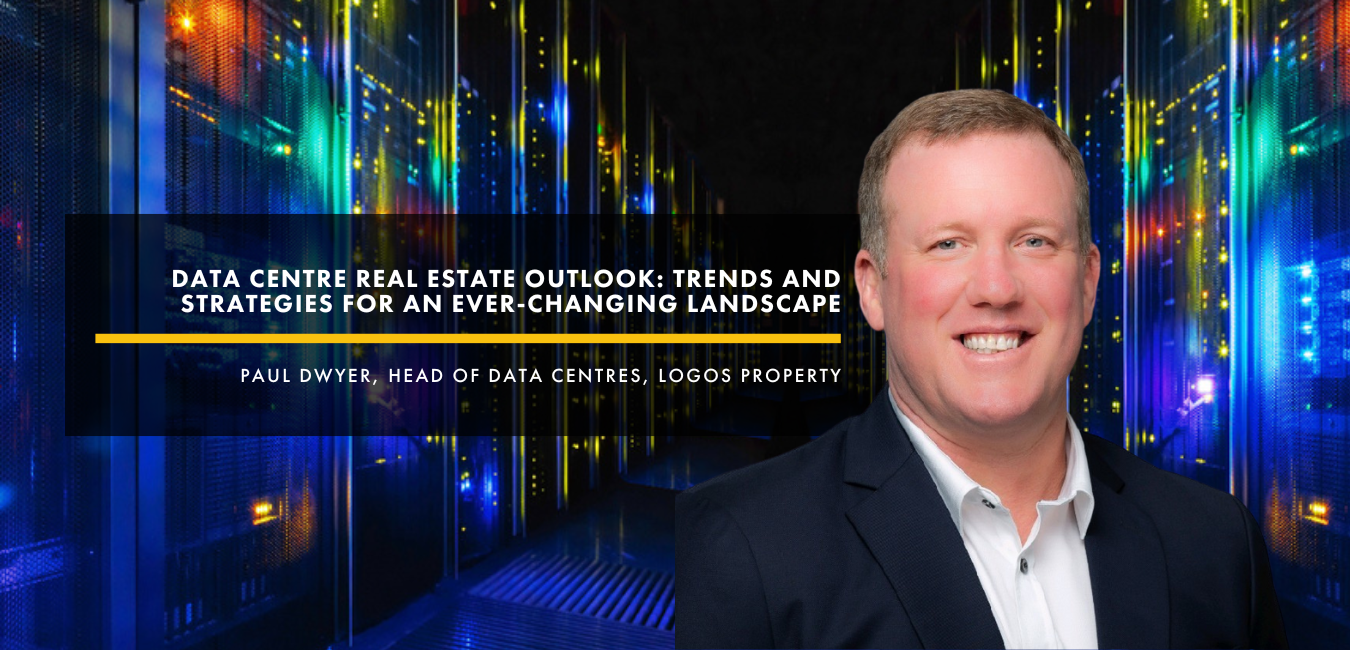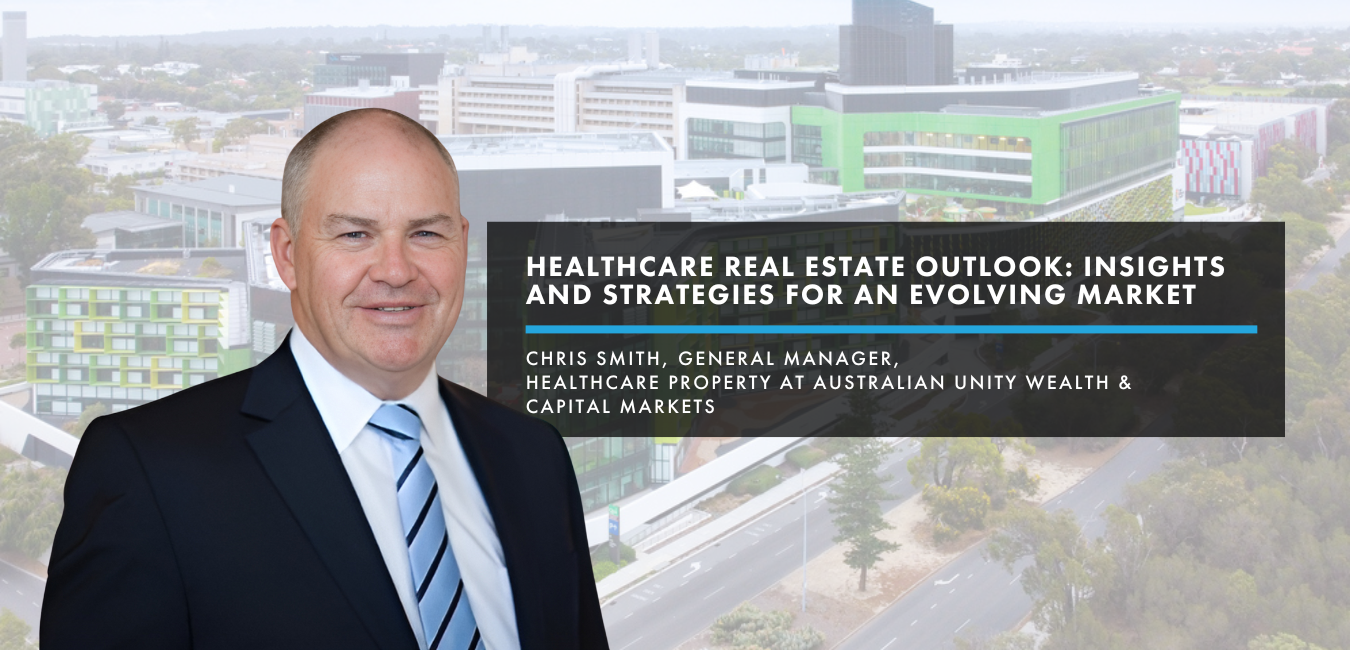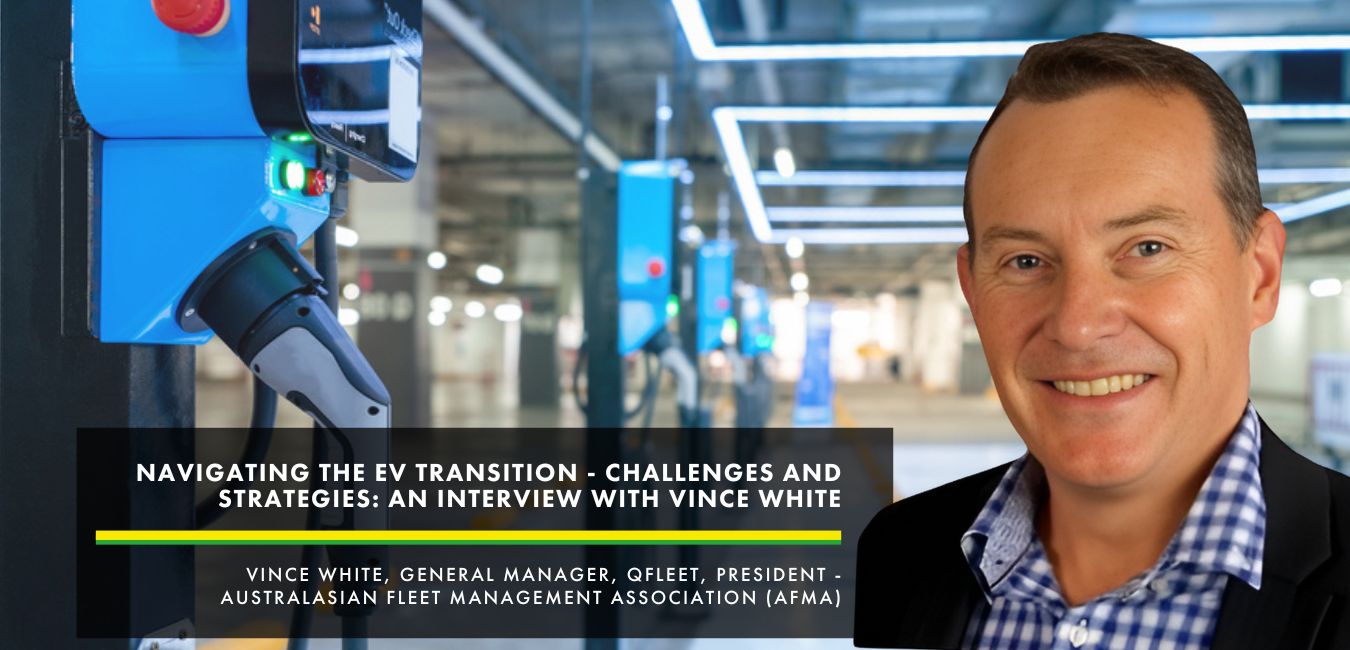Aaron Block is Co-Founder and Managing Partner of MetaProp, a New York-based VC firm focused on the PropTech industry. He’s been watching PropTech pivot during the COVID pandemic and has predictions on what types of solutions will accelerate next from last mile delivery and access control to 3D printing and tenant experience. We sat down with Aaron to talk about what’s next and how PropTech is developing around the world.
FuturePlace: What is the biggest change you’ve seen in the PropTech market over the last few years?
Aaron Block: You can look at the incredible adoption of PropTech at the individual technology level, but from a more macro level, from an investment perspective, the market has really matured. Back in 2013, the word PropTech didn’t exist in North America and it was just starting to get used in Europe. Now it’s widely known as the fastest growing tech asset class. Around the same time, there was $700-800M of venture funding being invested. Fast forward to 2020 and it’s going to be a banner year, with maybe $12B or more invested in PropTech.
There’s institutional rounds of capital coming in, there’s top tier sector specialist funds like ours, and corporate ventures in the space and institutions are participating. There’s M&A from real estate companies, there’s M&A from private equity, and there’s M&A from traditional tech incumbents buying PropTech startups. There’s a growing IPO pipeline, there’s SPACs and there’s equity research covering the space from KBW, Barclays, Raymond James and others. These are all signs of a fast-maturing space; these changes are huge and happening quickly. The space is here and it’s here to stay.
FP: Those are a lot of changes in just a handful of years. Why do you think the commercial property sector has been so far behind other sectors like finance in adopting technology?
AB: For one, commercial real estate is a hyper-localised, very regulated business and, historically, it’s been very fragmented. Financial services have had consolidation. There are huge banks globally and there just isn’t the equivalent on the real estate side for a variety of reasons.
The second reason is that real estate’s been doing quite well. Just now we’ve ended a long bull cycle, people were kind of printing money doing business the old way. There’s going to be a lot of established leadership generationally changing over the next few years, but a lot of leaders have been doing the same thing for a while and quite successfully. There’s not a lot of incentive to change when you’re already doing well.
The third is it’s only been recently that we’ve had increasing money coming into the space, which has been because of increased interest from entrepreneurs. We’re only now starting to see a real critical mass of new ideas, software and hardware technology, and digitally native real estate businesses being created. The entrepreneurs get it, they certainly have in New York for many years and all around the world, including the all important Silicon Valley. There’s certainly a volume of new tech coming out and this is natural. Hopefully, we’ll catch up to financial services in the next three to five years and narrow that gap.
FP: While we’re talking about trends, what do you think the general sentiment of the industry is regarding our new normal?
AB: There’s still a lot of uncertainty, even in markets that are possibly past the worst of at least this wave of COVID. There’s a lot of yin and yang and there are question marks hanging over every major asset type like in retail and digital experiences versus experiential. It’s a big question. For logistics, specifically talking about last mile delivery—it’s a big question. In hospitality, we have a lot of traditional versus alternative business models that are still unclear. In multifamily, we have questions around shared amenities versus personal space in this post pandemic environment. We have a tremendous amount of uncertainty right now and a lot of questions.
FP: What are some of these questions?
AB: Well, operators of properties are trying to figure out how to help their tenants while being able to make their mortgage payments. How much longer are the lenders going to be permissive on extensions and other accommodations? How do I keep my family safe? How do I keep my employees safe? When can I go back? Because I need to support my city, I need to support my neighbourhood. There’s a lot of inner conflicts.
Plus, there’s a lot to figure out about how the new rules and regulations work. For example, we recently had our first group meeting with visitors in our workspace on 39th Street where we learned that the protocol going forward is to wear masks throughout the entire meeting. We’re learning as we go. We’re a small, nimble organisation and we have total flexibility but if I’m a large user of space, these rules and regulations have to be set and people have to change their culture. It takes time and it creates uncertainty and discomfort for folks who have been doing things the same way for a long, long time.
This is a period that will end, of course, but it’s a period of great uncertainty, which also means a lot of opportunities.
FP: Speaking of opportunity, what type of PropTech is best positioned for growth over the next 12 to 18 months?
AB: Anything that gets rid of human touch, human interaction. Touch-free interactions will continue to gain steam. That’s always been interesting because it squeezes inefficiencies out and reduces costs, but it also now has a health angle. Professional tools that address processes, automation and productivity enablement are already doing great but now they’re going to be accelerated. On the industrial side, warehouse logistics, micro logistics, and last mile is supporting this idea of acceleration. The bump of what’s happened in e-commerce is unprecedented and likely not to reverse anytime soon.
FP: What about in other spaces like construction or access control or tenant experience?
AB: Offsite construction, modular, 3D printing—some of these things were just starting to blossom before the pandemic and are going to get really interesting. There’s a lot of demand across real estate for portfolio management solutions, platforms instead of point solutions. I think we’ll start to see more middleware and more platforms being established and the emerging winners will become the space’s new incumbents. We’ll continue to see a push on tenant experience and tenant communication and for a variety of reasons, not the least of which being that it’s health and safety centric to have strong communications with people in your building. It’s been a tough nut to crack and scale widely, but I think we’ll see more momentum in access control soon. Another is occupancy monitoring that knows who’s doing what, where, and when and optimising it.
There’s a lot of interesting categories and subcategories that we’re looking into at the intersection of healthcare and real estate; technology has been a bit behind here compared to retail, multi-family and offices. The entrepreneurs have woken up to opportunity now due to the COVID crisis where people have been hurt and lives lost at nursing homes and similar facilities. Entrepreneurs may have never thought about these places but they are now. It’s going to be a fun ride for the next few years.
FP: With all of that opportunity and companies focusing on different areas, how do you see PropTech accelerating across the globe?
AB: I’m excited about the entire market. It’s hard to get the critical mass and economies of scale that the US and Canada have as there’s just such an ingrained history of entrepreneurship and capital support for it here with angel investing, early stage and later stage venture support, and private equity. There’s an ecosystem that’s been built over many years thanks to Silicon Valley, then coastal expansion, then increasingly in the centre like Austin and Chicago. This has been going on for a long time and North America is a huge addressable market. It’s always going to be a kind of beacon for the industry.
That being said, there’s some really interesting things happening globally that will continue to accelerate in lockstep. Europe is getting more investment interest and more funds are coming together. Some startups are getting to a point of maturity and the cross-border stuff is still pretty tricky, especially with Brexit. That didn’t really move us forward from a cross-border perspective. non-China Asia is still pretty far behind but the capital and the industry is really interesting. There’s a lot of ambition, too, they’re waking up and there’s going to be some excitement. Plus, a lot of leadership is coming out of Australia right now.
There’s a lot of interest in Hong Kong and Singapore and other key markets outside of mainland China. There’s a lot to be positive about in markets like Latin America, which is still pretty slow to develop into a PropTech powerhouse. If you’re serious about the space, you’ll have to have a major focus on North America for quite some time.
FP: How much focus does MetaProp have in the Australian market? You said you’re seeing a lot of leadership coming out of there.
AB: Yea, we’re close to a lot of real estate folks and the institutions that deploy capital and venture capital and the sector specialists like Taronga, we’ve been friends with Jonathan Hannam for many years and his team is doing good work there. We’ve invested in a couple startups there over the years and we’d like to continue as the opportunities develop. We’re not proactively spending a ton of time or developing a fund for Australia specifically but it’s an area we think about and stay connected to frequently.
FP: In terms of investment, how are the type of people investing in property changing? And what does that mean for your strategy?
AB: There’s several categories of folks who are investing in the space. There’s the angel investors who will give the friends, family and fools money. Then there’s the specialised venture capitalists and the generalist venture capitalists that seed and provide growth capital through the formable years of the organisation’s development. Then you can move into private equity, the Silver Lakes of the world. There are several others now playing in PropTech.
Beyond those who are taking minority or majority interest investments in firms, you have the traditional real estate companies that are investing in part or in whole such as CBRE buying Florida Valuation last year. Avison Young buying Truss. Tishman Speyer and Zo. These are real estate companies getting involved in tech acquisitions. There are several examples of that.
There are a couple of other key categories. One is the digital incumbents, the big tech companies built over the last 20 years like Costar or Oracle or Altus or even the newer ones like Zillow who are buying companies. Those are the digital players and they’re investing heavily, particularly in M&A but also in certain circumstances in minority interests. We also have these breakout insurgents, those just starting to get to the King or Queen making level like the AirBnBs of the world making acquisitions. These recent folks are coming to the market and making acquisitions and investing. It’s really a robust capital ecosystem and that’s all supported by family office capital and high net worth capital that is supported by institutions. You’ve seen insurance companies, pension funds, and endowments and foundations get into the game. That’s just the beginning. It’s a place where a lot of money can be made and it’s established itself institutionally, I think sufficiently, over the last two years in particular with strong mergers and exits that folks are willing to come in and allocate to.
FP: That’s a lot happening and from many perspectives. Something else I want to close up with and I’ve noticed it’s been a driving factor in MetaProp’s Twitter. So how do you think diversity and inclusion can be improved in PropTech? Where do you think it starts?
AB: That’s a very profound question, right? It has no easy answer. I think we’ve been pretty clear with the market that we think a lot about this and we try really hard, but we still have a long way to go. It’s important to look in the mirror, frankly. I think it starts with the individuals, the human beings who are leading organisations in the space, whether they’re venture capitalists like we are or CEOs and founders of PropTech companies or real estate incumbents. I think it starts at the top and has to be an intellectual understanding of what the problem is and why the problem exists. There also has to be a curiosity and a willingness to do the hard work.
So to answer your question, it starts with the people. You can’t really look at an organisation because an organisation is just an aggregation of people. Once the leaders are committed, it’s a lot about execution like anything else in the business world or in life. Even if you do get it and you are subscribing to it and you set the right goals, you actually need to do the hard work to put the wins on the board. Diversity and inclusion is really tough. You’ve got to execute as well or better than you execute on other aspects of your business.
FP: That makes a lot of sense. Execution is key no matter how good intentions are.
AB: Exactly. We surveyed our world a few weeks ago. A quarter of our partners are women. A third of our venture advisors are women. A third of our board is women. A third of our workforce is women. Thirty-one percent of the CEOs in our portfolio are people of colour. Fifteen percent of our portfolio CEOs are women. That’s better than the S&P 500 but it doesn’t represent the world. It doesn’t represent who’s in the top MBA programs and it certainly doesn’t represent corporate management statistics.
I’m just using one example of women here and women are more than 50% of the population so we have a long way to go, but we’re spending a lot of time, effort and money focused on this to solve the problem. There are no easy answers to hard problems. A lot of it’s just do the hard things well and over time if you have a chance to change, change. We’re doing our best to do it and we’re putting it out there to the world, not because we’re preaching, but because we’re trying to lead by example. We’re trying to say here’s what we’re doing. Learn from us. Push us. Take shots at us. Tell us how we can be better. Challenge us. Give us advice. Give us feedback. We want to be better.

